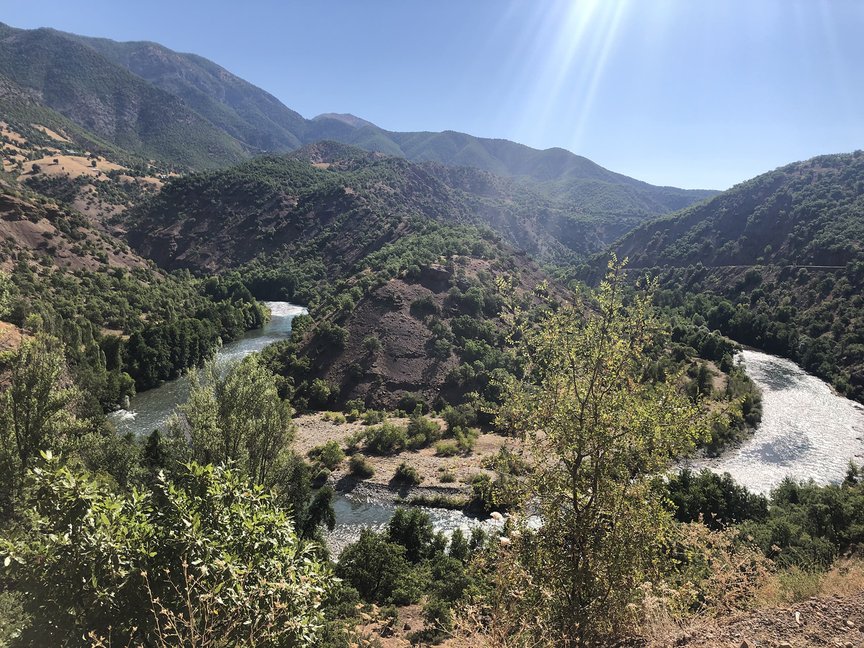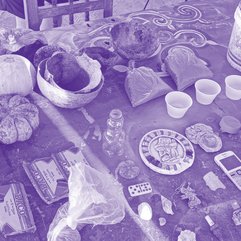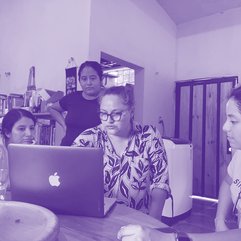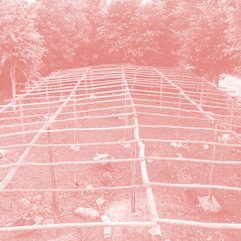"If Munzur would file an indictment..."
Genocides along the Munzur River
16.00-18.30
Save the Date
for adults
in German/Kirmançkî

The Munzur River holds deep spiritual significance for the people of the Dêrsim region, winding its way through approximately 145 km of their landscapes, forests, and mountains. Over time, Munzur has become a legend. This legend, handed down through generations, captures the fading details of events that Munzur has witnessed and continues to witness. Clues about Munzur's identity are woven into the stories of elders, lament songs, unwritten archives, and ongoing Alevi religious practices.
The documentary MUNZUR (2022) by Mehmet Guri Avci introduces viewers to the people’s lives in the ecosystem of the river basin. The slow tempo of the film aplifies the enduring wounds of the 1938 genocide in Dersim which is closely linked to the Armenian genocide in 1915. Both the natural landscape and the community bear the scars of this genocide, which remains unrecognized internationally. Further human rights violations have followed, social movements have formed, religious practices persist, and Munzur continues to flow, shaping both time and the natural space. Today, Munzur is more active than ever, making poignant accusations.


This spot in Dêrsim is known for the tragic events of the 1938 genocide. The water of the Munzur, as can be seen here in the picture, was stained red for several months in 1938 by the blood of the corpses thrown into the river by Turkish soldiers.
What social and political grievances have emerged over the decades? What rights of nature and of the people along the Munzur need to be demanded?
The conversation with Rojda Arslan and Şermin Güven will not only highlight the environmental and human rights violations in Dersim, but also emphasize the importance of preserving the Munzur river and its surrounding ecosystem for future generations to safeguard cultural identities which are deeply rooted in living with Munzur as a member of the community.
The event is part of the series Wassersorge(n) – Water Care
Concept and texts: Rojda Arslan and Şermin Güven
This event was organized as part of the project Li ser şopa çemên Kurdistanê – Along the Rivers of Kurdistan in collaboration with the Alevi community.








